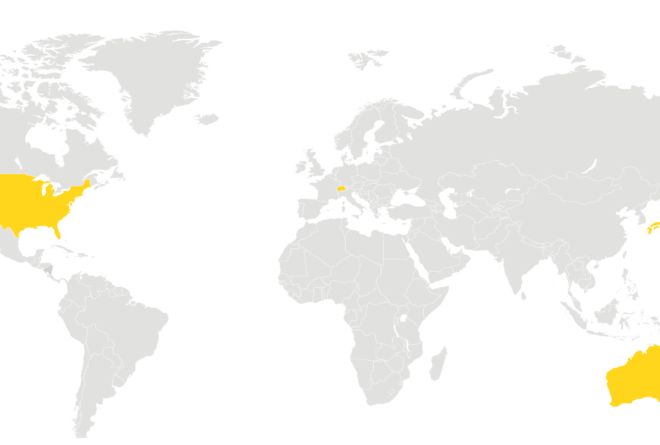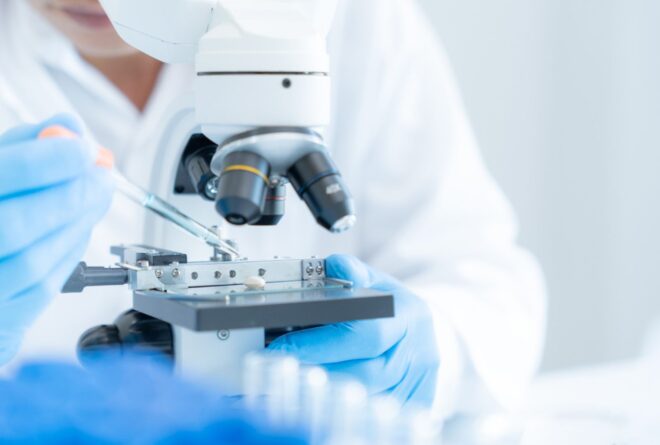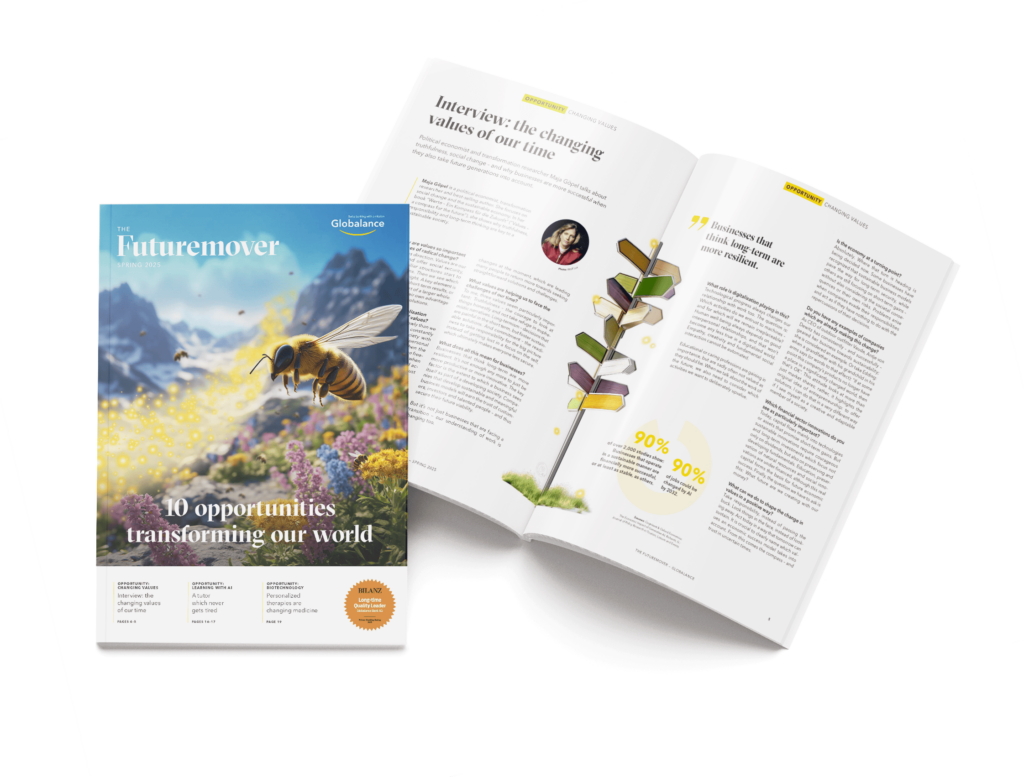News & Trends
Artificial Intelligence: the Modern-Day Problem Solver
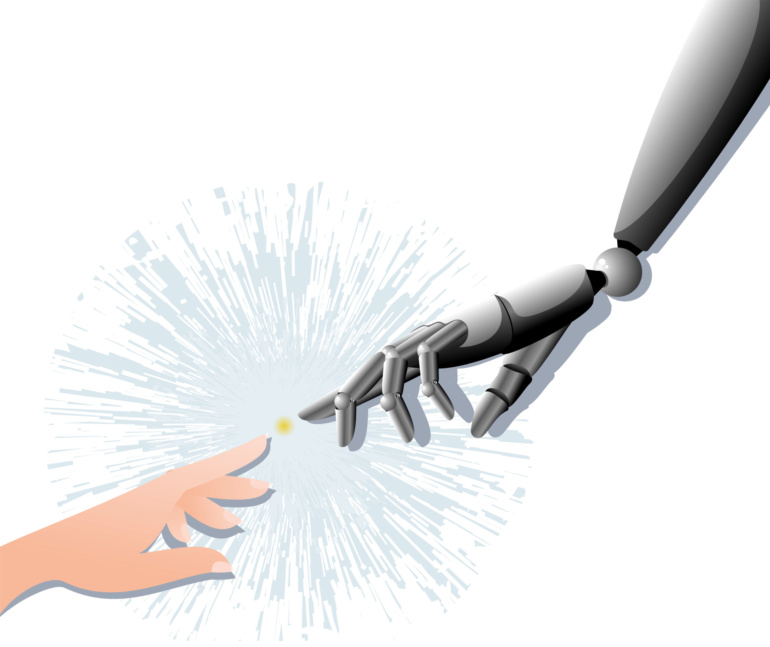
BECAUSE THE PROS OUTWEIGH THE CONS – As so often in life, we contrast the opportunities with the risks. This is no different in the case of artificial intelligence (AI) – and that is perfectly fine. But we must not overlook the opportunities because of all the risk analyses, as there are so many of them.
We live in a world full of data flows. However, for the valuable information not to remain useless and swamp us, AI is needed as a regulating dam. A kind of retention basin where the data is analysed in such a way that it provides us with added value and is channelled in the right directions. Built on algorithms, AI can evolve on its own though without any further human intervention. We benefit from this in everyday life, but especially in science, to tackle the really big challenges of our time.
Where We Encounter Artificial Intelligence
Frequently cited examples of machine learning are the chess computers that beat the real stars of the scene. While this nicely illustrates how algorithms now compare the scan with the data already stored. Your streaming provider will then almost certainly provide you with a personalised playlist for the perfect start to your day – tailored to your taste in music thanks to AI. And meanwhile you’re probably planning the fastest route to work with your AI-driven navigation app. You haven’t even left the house yet, but you have already encountered AI several times.
How AI Can Help Reduce Food Waste
AI applications have the potential to be trained on specific problems. The Cologne-based company Foodforecast is also taking advantage of this and is declaring war on avoidable food loss. In Germany, about 12 million tonnes of food end up in the rubbish every year, of which almost 7 million could be avoided. Approximately 35 percent of this waste is generated in the supply chain. Bakeries in particular find it difficult to predict exactly what their customers will want every day. According to the WWF, 1.7 million tonnes of baked goods do not find their way over the counter in Germany every year as a result. Foodforecast’s software uses both internal data from the bakeries, but also external data such as weather or holidays. AI recognises patterns in this and works out the “perfect” order proposal. According to the start-up, it already prevented 490 tonnes of food waste in 2021.
The “Breakthrough of the Year”
For more than 50 years, scientists have been trying to solve the mystery of protein folding – and now artificial intelligence has apparently succeeded. It is called AlphaFold and was developed by the British company DeepMind, a subsidiary of Google’s holding company Alphabet.
To prevent us from information flooding,
AI is needed as a regulating dam.
Proteins are involved in virtually all important activities that take place in the human body. They are able to perform a variety of different functions – far more than other types of biomolecules. However, they do not remain one-dimensional, but fold three-dimensionally to become functional – similar to a key that fits into a lock. The number of configurations that a protein can fold into is beyond our imagination.
That’s where AI comes in. Before AlphaFold, only about 17 percent of the 3D structures were known, and took decades of experimental methods to determine. Thanks to AlphaFold, we now know almost all of them – about 98.5 percent. For many experts, it was the first time that AI had solved a serious scientific problem. Initially trained with data sets, the model has maximised the flow of information at each subsequent step. DeepMind has created a freely accessible database with thousands of protein structures – millionsmore are to follow. This is expected to provide breakthroughs in medicine (especially drug research), but also in other areas such as food science or biotechnology.
The American scientific journal ”Science” has declared AlphaFold the first AI model to be the “Breakthrough of the Year”. We will also need AI as a positive “turbo” for problem solving with regard to other challenges as well. This development may not be to everyone’s liking, but we probably cannot afford to do without the technology.
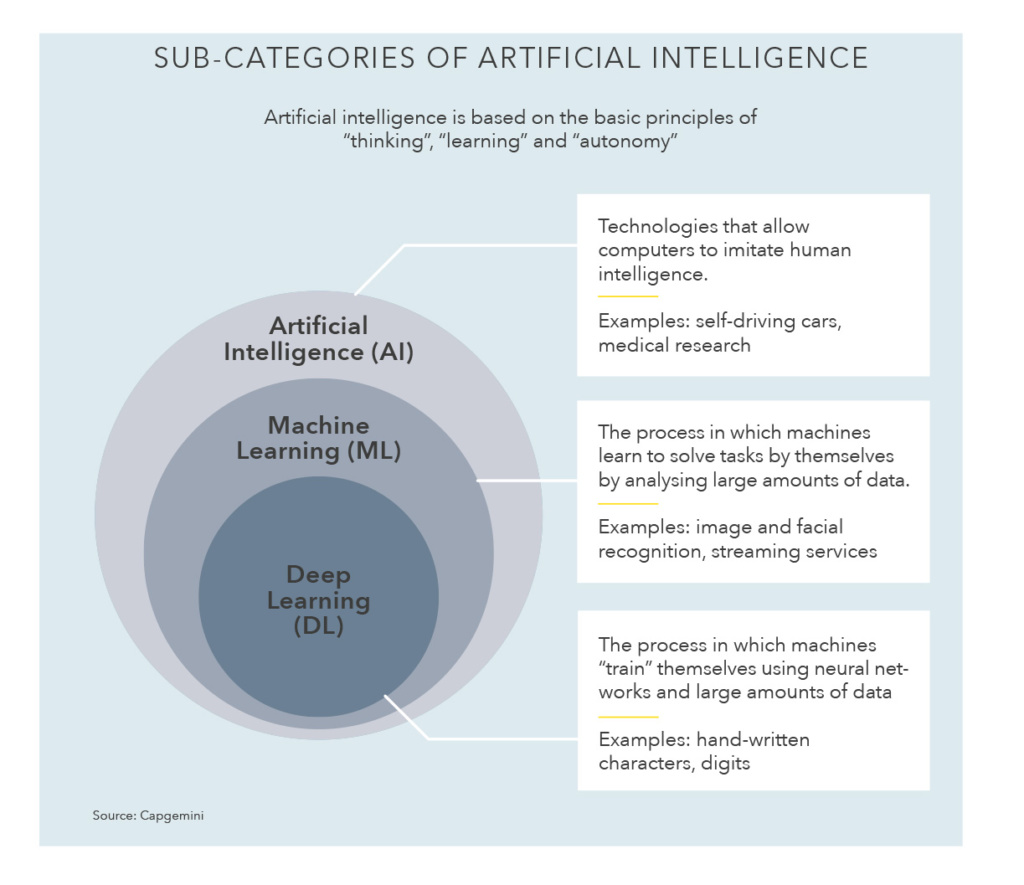
For more insights on megatrends, please find the latest edition of our magazine ”futuremover”.

